TABLE OF CONTENTS
Opioid withdrawal is a significant and potentially life-threatening condition that arises from opioid dependence.
Opioids are a group of drugs that include morphine, heroin, oxycontin, codeine, methadone, and hydromorphone hydrochloride.
Let's take a look at opioid withdrawal and cannabidiol and what studies have shown to date.
Opioids and Cannabidiol Uses
Opioids are commonly used for the management of severe pain and as psychoactive substances. Cannabidiol (CBD), a component of the cannabis plant that does not cause intoxication, is garnering an increasing amount of interest as a possible new treatment for opiate withdrawal due to the scarcity of treatment options now available.
CBD interacts with the endocannabinoid system in the body, which is known to have a role in the processes involved in opioid withdrawal. Recent research suggests that it may be possible for CBD to reduce the severity of some withdrawal symptoms.

Studies Of Opioid Withdrawal and Cannabidiol
CBD, has shown some promise in terms of its ability to lessen the severity of withdrawal symptoms associated with oxycodone, such as gastrointestinal distress. These symptoms can be caused by naloxone or occur on their own.
The effects of cannabis on opiate withdrawal have been studied in naturalistic settings, with some studies showing that the majority of individuals who used cannabis to treat withdrawal symptoms saw reductions in anxiety, tremors, and sleep problems.
This was the case in both short-term and long-term use of cannabis. However, several people said that using cannabis made their symptoms, such yawning and tearful eyes and a runny nose, worse.
The effectiveness of CBD extends to the reduction of classic morphine withdrawal symptoms, such as wet shakes, diarrhea, aberrant posture, and other distress signs.
In addition, it has been discovered that CBD is capable of diminishing abstinence scores more effectively when combined with delta-9-tetrahydrocannabinol (THC), particularly when the two are administered together.
Potential Outlook For Treating Opioid Dependance With Cannabidiol
The possibility of CBD as a treatment for opiate withdrawal is still being researched, and further study is required to identify dose parameters, long-term effects, and its usefulness as either a standalone treatment or supplementary therapy.
Because CBD does not generate the ‘high' that is associated with THC, it is a more acceptable treatment choice for many patients and physicians, which is what has sparked the interest in CBD as a distinct compound.
The finding of the endocannabinoid system in the human body was a huge step forward, since it offered a biological foundation for the possible medicinal effects of medicines derived from cannabis.
Although there is reason for optimism regarding the use of CBD in the treatment of opiate withdrawal, the scientific community continues to exercise caution.
“
There are over 300,000 jobs in the cannabis industry. CTU trained me for one of them!

Makes $24.50 @ THC +
In order to determine the optimum dose, effectiveness, and safety profiles, rigorous clinical trials are required. There is a need for additional research not only into the possible interactions of CBD with other drugs but also into the long-term effects of using CBD.
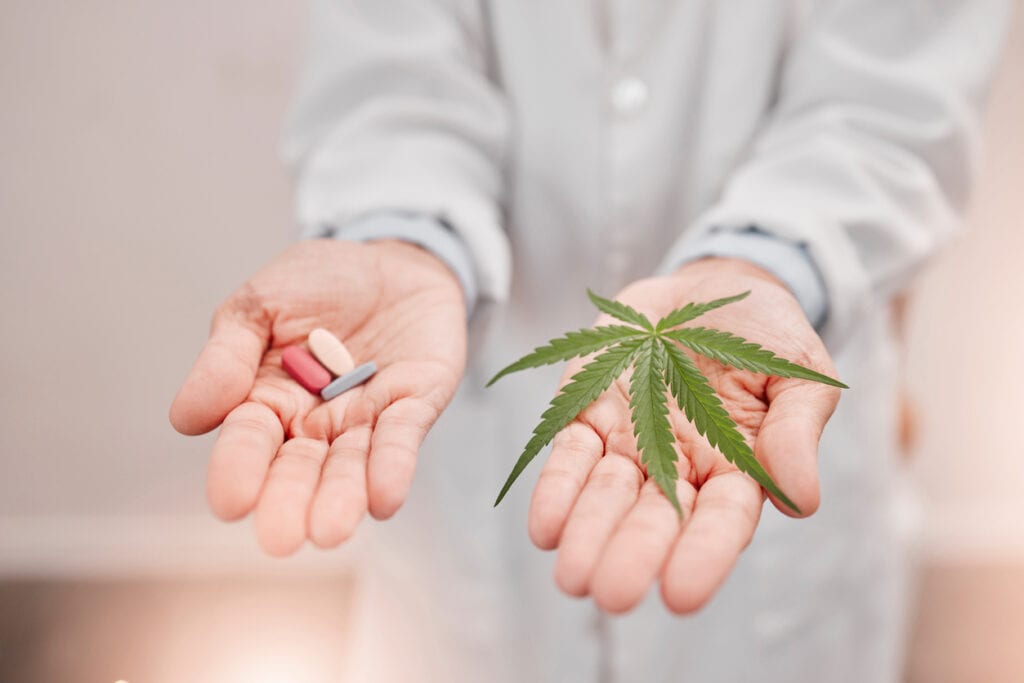
Summary Of Opioid WIthdrawl and Cannabidiol (CBD)
In general, the incorporation of CBD into treatment protocols for opioid withdrawal will be contingent on the findings of ongoing research, the development of standardized and quality-controlled CBD products, and the evolution of regulatory frameworks that are able to accommodate the use of cannabis-derived medicines in a clinical setting.

Fred Hernandez
Fred Hernandez is a highly accomplished and versatile writer, boasting an extensive background in the cannabis industry. With an in-depth understanding of various sectors including cultivators, processors, retailers, and brands, Fred's expertise spans across the entire cannabis landscape. As a prominent contributor to CTU, he consistently delivers insightful articles exploring the latest developments, news, and regulations shaping the cannabis industry. Whether it's delving into the intricacies of cannabis products, cannabis strain reviews, or providing comprehensive analyses of cannabis laws, or sharing expert insights on cannabis cultivation techniques, Fred's wealth of knowledge positions him as an invaluable writer and educator for all cannabis-related subjects.






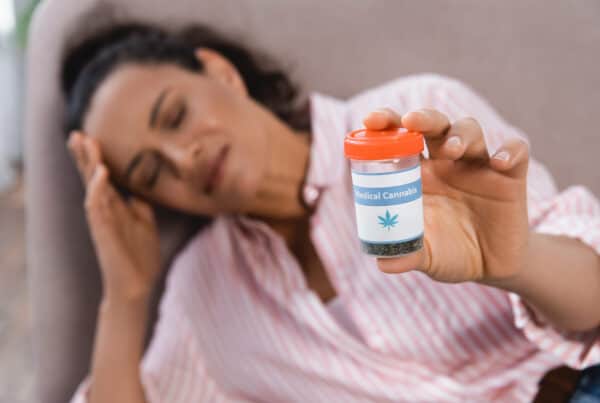
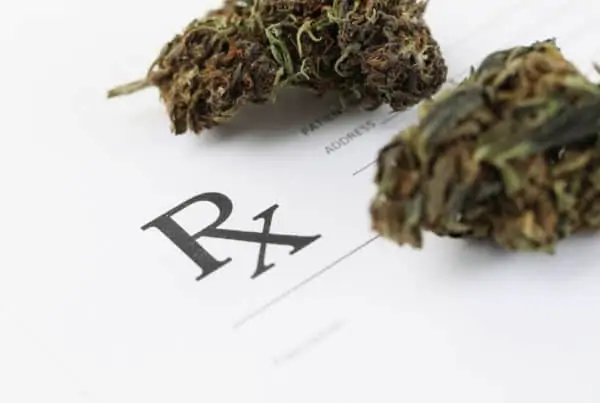
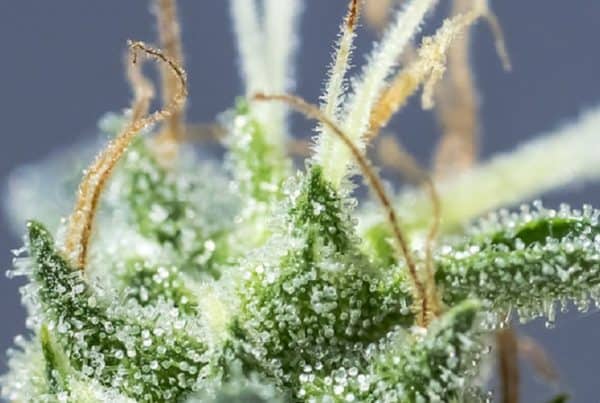
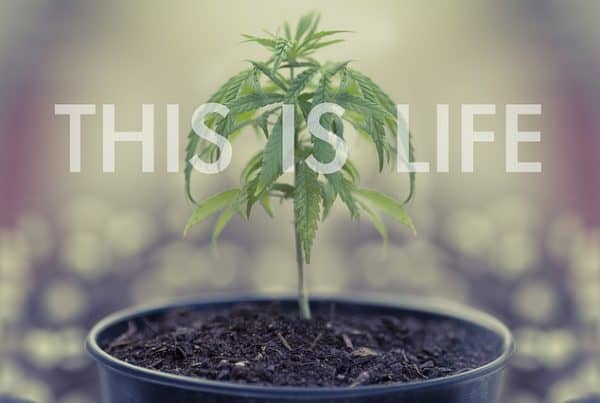
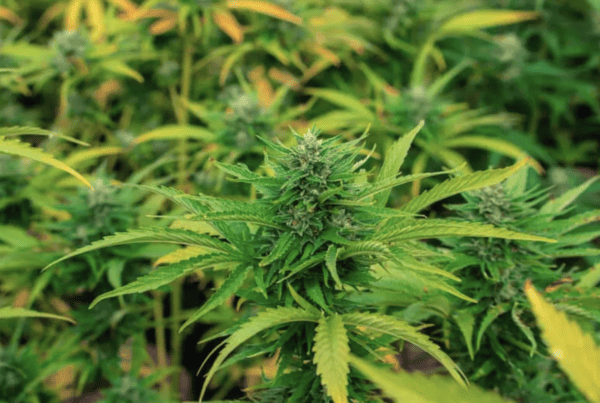

 Jeff was involved in an accident where he endured a traumatic brain injury. He had a week-long stay in ICU where brain surgeons
Jeff was involved in an accident where he endured a traumatic brain injury. He had a week-long stay in ICU where brain surgeons  100% risk free money back guarantee within 48 hours after purchase if student has not completed any of the courses or exams.
100% risk free money back guarantee within 48 hours after purchase if student has not completed any of the courses or exams.